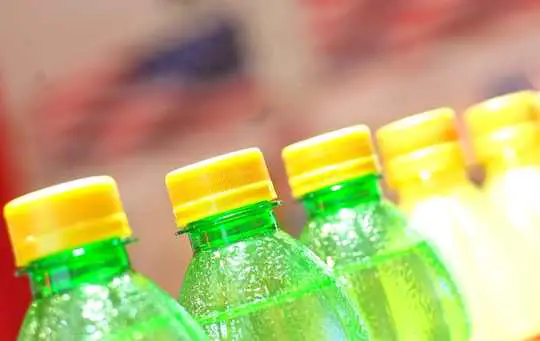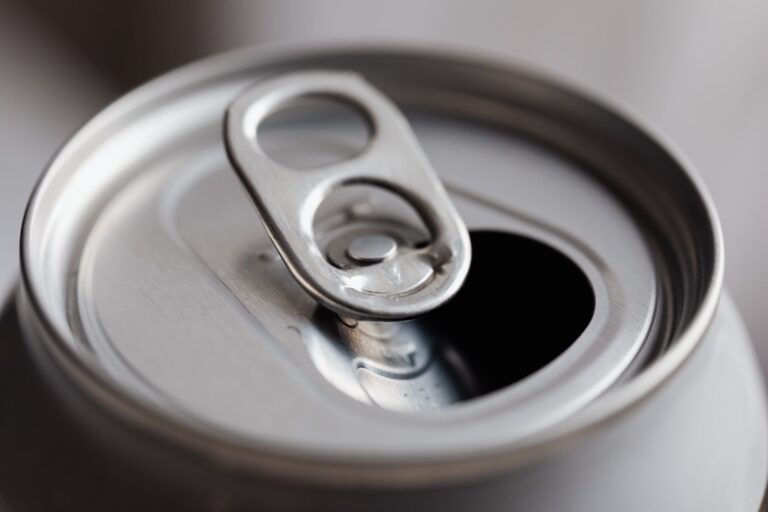Carbonated drinks, often referred to as soda or pop, are beloved beverages enjoyed around the world for their effervescence and refreshing taste. While storing these drinks in the freezer might seem like a convenient way to chill them quickly, there’s a persistent belief that doing so can lead to explosive consequences. But is there any truth to the idea that carbonated drinks can explode when placed in the freezer? In this article, we’ll delve into the science behind carbonation, explore the freezer’s impact, and determine whether your favorite fizzy drinks are a freezer risk.

The Science of Carbonation
To understand the potential for carbonated drinks to explode in the freezer, it’s essential to first comprehend the science behind carbonation.
- Carbon Dioxide (CO2) Dissolution: Carbonated beverages are pressurized with CO2, which dissolves into the liquid, forming carbonic acid and creating the characteristic fizz.
- Pressure and Equilibrium: The CO2 in the liquid is in equilibrium with the CO2 gas in the sealed container (bottle or can). The pressure within the container keeps the CO2 dissolved.
- Release of Pressure: When you open the container, you release the pressure. This sudden pressure drop prompts the CO2 to come out of the liquid, forming bubbles and causing the drink to fizz.
Can Carbonated Drinks Explode in the Freezer?
The short answer is yes, carbonated drinks can explode in the freezer, but it’s more complex than a simple “yes” or “no.” Here’s what you need to know:
1. Expansion of Liquid
When you place a carbonated drink in the freezer, the liquid inside the container can freeze and expand. Unlike many other liquids, water expands when it freezes, and the expansion can exert significant pressure on the container.
2. Weakened Containers
The type of container plays a crucial role in whether a carbonated drink will explode in the freezer. Plastic bottles and aluminum cans are more forgiving, as they can deform slightly to accommodate the expanding liquid. However, glass bottles are less flexible and more prone to shattering when subjected to extreme pressure.
Data Table: Effects of Freezing on Carbonated Drinks
| Container Type | Effects of Freezing | Potential for Explosion |
| Plastic Bottle | Liquid expansion, risk of deformation | Rare |
| Aluminum Can | Liquid expansion, minimal deformation | Rare |
| Glass Bottle | Liquid expansion, risk of shattering (explosion) | Possible |
Key Takeaways
- Carbonated drinks can potentially explode in the freezer due to the expansion of liquid when it freezes.
- The risk of explosion is relatively low, but it exists, especially with glass bottles.
- Plastic bottles and aluminum cans are more resistant to exploding in the freezer due to their ability to deform slightly.
- To prevent explosions, leave sufficient space in the container for liquid expansion, or avoid freezing carbonated drinks in glass bottles.
In conclusion, while carbonated drinks can indeed explode in the freezer, the risk is relatively low. However, it’s essential to exercise caution, especially with glass bottles. To enjoy your fizzy beverages without incident, consider leaving extra space in the container for liquid expansion, or opt for plastic bottles or aluminum cans when freezing.







